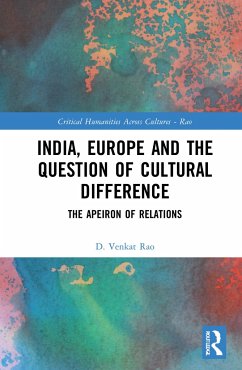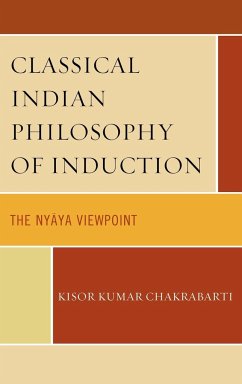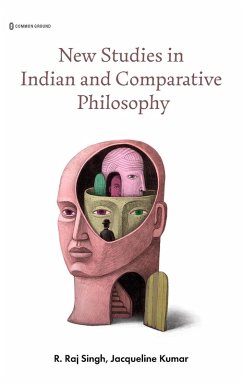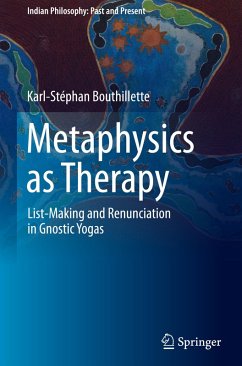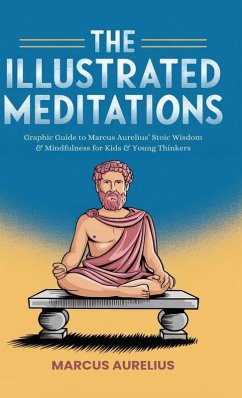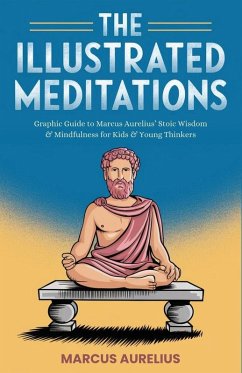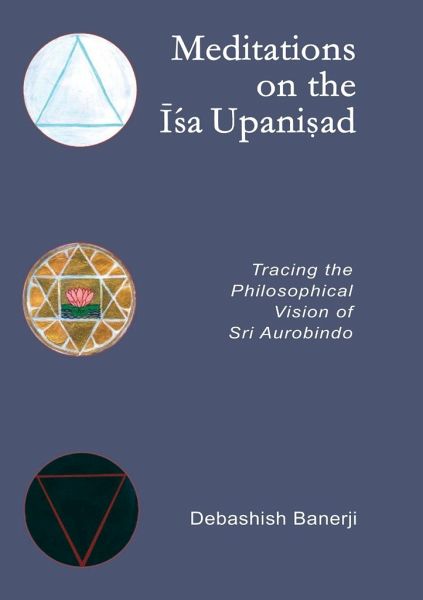
Meditations on the Isa Upanisad
Tracing the Philosophical Vision of Sri Aurobindo
Versandkostenfrei!
Versandfertig in 1-2 Wochen
14,99 €
inkl. MwSt.

PAYBACK Punkte
7 °P sammeln!
The Upanishads represent a foundation for Indian philosophies. Using complex linguistic devices such as puzzles, paradoxes, metaphors, dramatic personae and word-play, they force an engagement of consciousness. The Isha Upanishad is among the most concise and complex of Upanishads, and one of the most diversely interpreted. Sri Aurobindo wrote a commentary on this Upanishad, seeing it as embodying a problem of becoming, the attainment of a consciousness in which unity and multiplicity are identical and do not erase each other. His commentary also rests on an original interpretation of the esot...
The Upanishads represent a foundation for Indian philosophies. Using complex linguistic devices such as puzzles, paradoxes, metaphors, dramatic personae and word-play, they force an engagement of consciousness. The Isha Upanishad is among the most concise and complex of Upanishads, and one of the most diversely interpreted. Sri Aurobindo wrote a commentary on this Upanishad, seeing it as embodying a problem of becoming, the attainment of a consciousness in which unity and multiplicity are identical and do not erase each other. His commentary also rests on an original interpretation of the esoteric symbolism of the Veda and demonstrates how the Upanishad relates to this symbolism while pioneering a new form of language. The commentary divided the eighteen verses of the Upanishad into four movements, starting with a summary of its main themes, like an overture, which is elaborated in the rest of the verses. Drawing on the four movements of this commentary as well as on the larger body of Sri Aurobindo's works, this book presents four corresponding meditations on the Isha Upanishad. In the spirit of the Upanishads, these meditations are both presentations and contemplations meant to aid subjective orientation and alignment. At the same time, they trace the philosophical vision of Sri Aurobindo.




